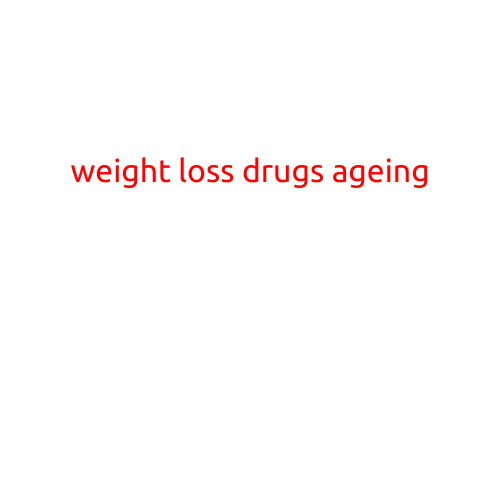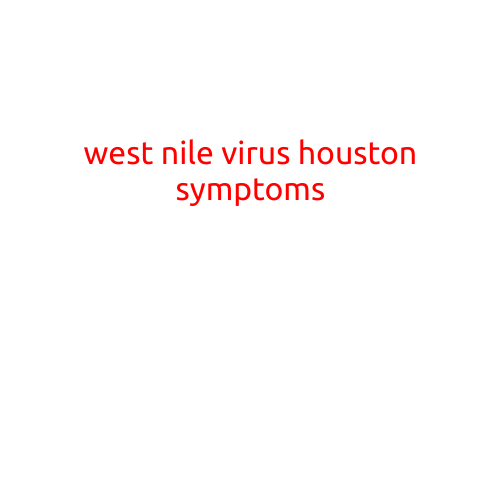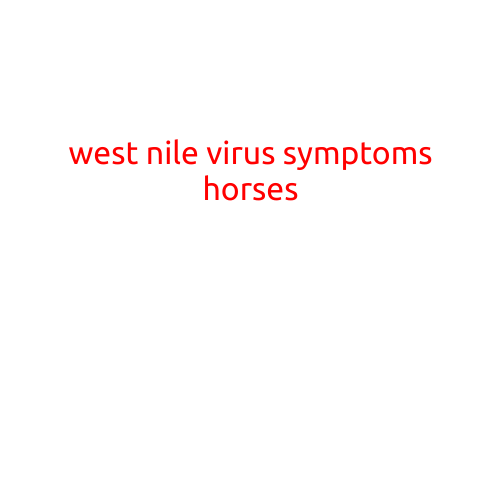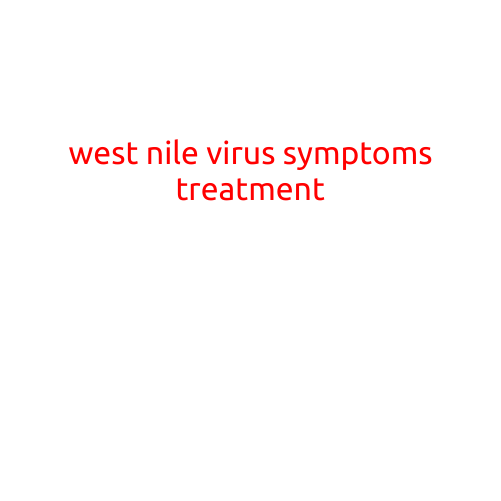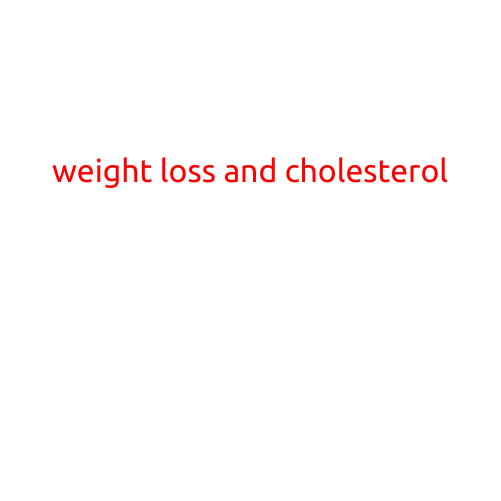
Title: “Weight Loss and Cholesterol: The Connection and How to Manage Both”
Introduction
Maintaining a healthy weight and managing cholesterol levels are two crucial aspects of a overall well-being. Excess weight can increase your risk of developing high cholesterol, which in turn can lead to cardiovascular disease. In this article, we’ll explore the connection between weight loss and cholesterol, and provide tips on how to manage both for a healthier lifestyle.
The Connection Between Weight Loss and Cholesterol
Excess weight, particularly around the midsection, can increase the production of low-density lipoprotein (LDL) or “bad” cholesterol in the body. This can lead to high cholesterol levels, which can in turn increase the risk of heart disease, stroke, and other cardiovascular conditions.
On the other hand, weight loss can have a positive impact on cholesterol levels. When you lose weight, your body produces less LDL cholesterol, and you may also see an increase in high-density lipoprotein (HDL) or “good” cholesterol. HDL cholesterol helps remove excess cholesterol from the bloodstream, carrying it to the liver for excretion.
How Obesity Affects Cholesterol
Obesity is a major risk factor for high cholesterol, and it can increase the following:
- LDL cholesterol levels: Excess abdominal fat can increase the production of LDL cholesterol, leading to higher levels in the bloodstream.
- Triglyceride levels: Obesity can also increase the levels of triglycerides, a type of fat found in the bloodstream, which can increase the risk of cardiovascular disease.
- Insulin resistance: Obesity can lead to insulin resistance, a condition in which the body’s cells become less responsive to insulin, leading to increased blood sugar levels and an increased risk of developing type 2 diabetes.
How to Manage Weight Loss for Cholesterol
If you’re struggling with excess weight and high cholesterol, it’s essential to address both issues simultaneously. Here are some tips to help you manage weight loss for cholesterol:
- Create a calorie deficit: Aim for a daily calorie deficit of 500 calories to promote weight loss and improve your overall health.
- Eat a balanced diet: Focus on whole, unprocessed foods such as fruits, vegetables, whole grains, lean proteins, and healthy fats.
- Incorporate physical activity: Aim for at least 150 minutes of moderate-intensity exercise or 75 minutes of vigorous-intensity exercise per week.
- Monitor your progress: Keep track of your weight loss progress and adjust your diet and exercise plan as needed.
Tips for Managing Cholesterol
While managing weight loss is crucial for cholesterol levels, there are other ways to manage cholesterol as well. Here are some additional tips:
- Limit saturated and trans fats: Avoid foods high in saturated and trans fats, such as processed meats, full-fat dairy products, and fried foods.
- Increase soluble fiber: Soluble fiber can help lower LDL cholesterol levels. Find it in foods such as oats, barley, nuts, seeds, fruits, and vegetables.
- Choose healthy fats: Focus on healthy fats such as avocados, nuts, and olive oil for cooking.
- Check your statin medication: If you’re prescribed a statin medication, ensure you take it as directed and monitor your cholesterol levels regularly.
Conclusion
Maintaining a healthy weight and managing cholesterol levels are critical for overall health and well-being. By adopting a balanced diet, incorporating physical activity, and managing stress, you can promote weight loss and improve your cholesterol levels. Remember to consult with your healthcare provider for personalized guidance and support on your weight loss and cholesterol management journey.
